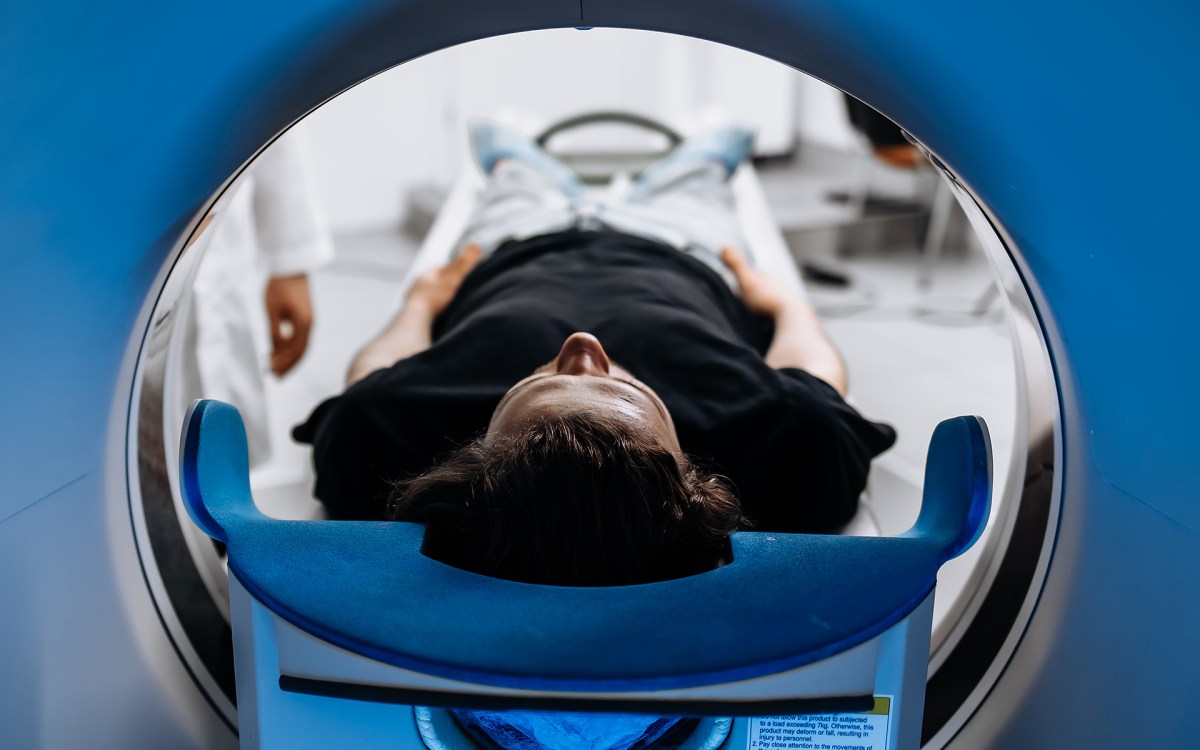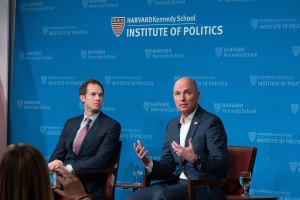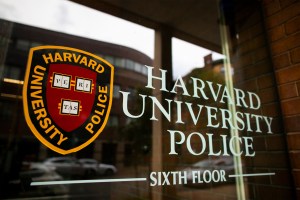Tag: Research
-
Health
Harvard researchers see genetic link between anorexia, early rising
Eating disorder may also play a role in insomnia

-
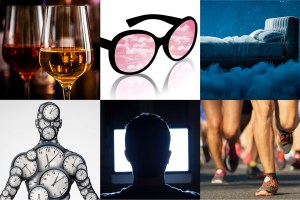
-
Health
Seizing the chance to stop a suicide
New Harvard-MGH initiative to provide caregivers with lab-tested tools for identifying, treating those most at risk.
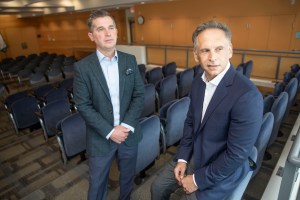
-
Science & Tech
How cells sort themselves
Researchers have discovered a key control mechanism that cells use to self-organize in early embryonic development.
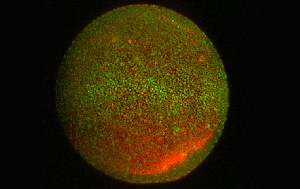
-
Science & Tech
How plants adapt to climate change
Researchers at the Arnold Arboretum are studying how maple trees are adapting to climate change.
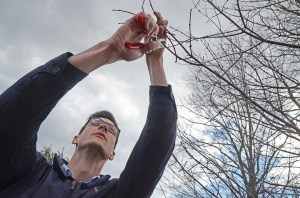
-
Campus & Community
Same old labs but not
Across Harvard’s campuses, non-COVID-19 work is resuming, labs are reopening, and scientists are settling into life in the “new normal.”
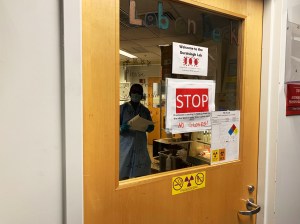
-
Campus & Community
Reopening research operations
The Gazette spoke to Laboratory Reopening Planning Committee head Rick McCullough to learn more about Harvard’s decision to shut down its labs, the effects that had on research, and how the University plans to ensure a safe reopening.
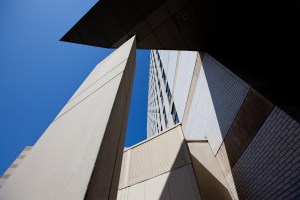
-
Campus & Community
New faculty: Martin Surbeck
A new member of the faculty of the Department of Human and Evolutionary Biology, Martin Surbeck runs one of the few bonobo research sites in the world.
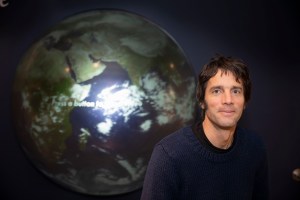
-
Campus & Community
Funding promising scientists
Associate Professor of Physics Cora Dvorkin and Associate Professor of Computer Science Stratos Idreos will each receive at least $150,000 a year for the next five years through the Department of Energy Early Career Research Program.

-
Campus & Community
Lab success, life goals
Dalton Brunson’s biology studies have led him to labs, research, and successes that he hopes keep him ever mindful of his commitment to expanding health care in rural areas.
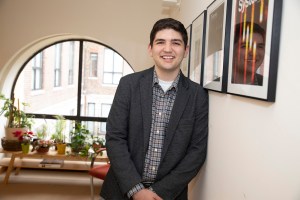
-
Work & Economy
Reviving the American dream, one neighborhood at a time
New economics research and policy institute to probe ways to boost opportunity in the U.S.

-
Campus & Community
Rewarding remarkable studies
The annual awards created through a gift from James A. Star ’83 fund research unlikely to be funded through other programs — risky studies with the potential to contribute to radical new understandings of our world.
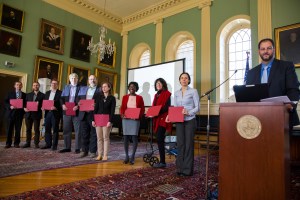
-
Science & Tech
Seeding startups
For advanced technologies across the University, a new entrepreneur-in-residence program launched by Harvard Office of Technology Development might offer a crucial bridge to commercial development.
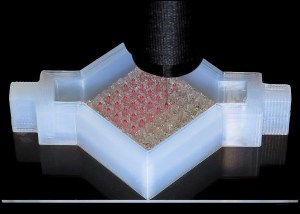
-
Science & Tech
New grants for climate solutions
Seven new research projects have been awarded funding in the fourth round of grants from Harvard’s Climate Change Solutions Fund.
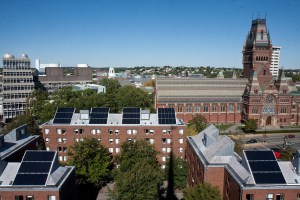
-
Health
Unraveling the brain’s secrets
Harvard scientists are among those who will receive more than $150 million in funding over the next five years through the National Institutes of Health’s Brain Research through Advancing Innovative Neurotechnologies (BRAIN) Initiative.
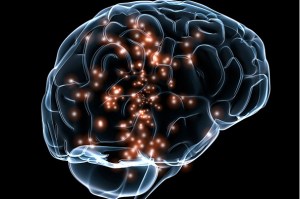
-
Campus & Community
NIH makes $8.5M investment in promising projects
Eight Harvard scientists will receive nearly $8.5 million in funding through the National Institutes of Health’s High Risk, High Reward program to support research.
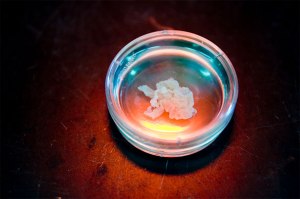
-
Health
Updating embryo research guidelines
Scientists and ethicists gathered at Harvard Law School to discuss the ethics of human embryo experimentation and whether a two-week developmental time limit on their use is appropriate any longer.
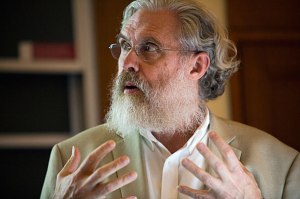
-
Campus & Community
Ten from Harvard named HHMI Faculty Scholars
Ten Harvard scientists have won the support of a new funding initiative by the Howard Hughes Medical Institute, the Simons Foundation, and the Gates Foundation.
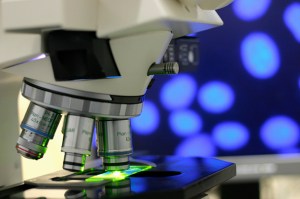
-
Campus & Community
Harvard establishes research alliance with Tata companies
Harvard University has established a six-year, $8.4 million research alliance with a group of Tata companies. The first-of-its-kind initiative adds a new leadership-development component to the University’s research partnerships.

-
Campus & Community
Harvard biologist is first woman to lead HHMI
Erin O’Shea, the Paul C. Mangelsdorf Professor of Molecular and Cellular Biology and of Chemistry and Chemical Biology, has been named the sixth president of the Howard Hughes Medical Institute.
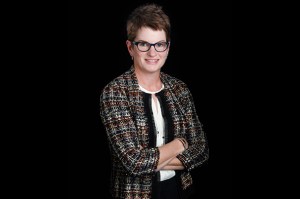
-
Science & Tech
Green storage for green energy grows cleaner
Harvard scientists and engineers have demonstrated an improved flow battery that can store electricity from intermittent energy sources. The battery contains nontoxic compounds, inexpensive materials, and can be cost-effective for both residential and commercial use.

-
Campus & Community
Incoming dean, rising School
A question-and-answer session with Frank Doyle, incoming dean of the rapidly growing Harvard Paulson School of Engineering and Applied Sciences.
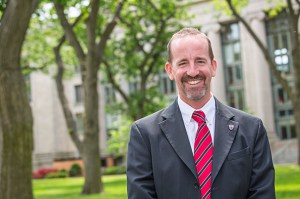
-
Science & Tech
Unveiling the ancient climate of Mars
The high seas of Mars may never have existed. According to a new study that looks at two opposite climate scenarios of early Mars, a cold and icy planet billions of years ago better explains water drainage and erosion features seen today.

-
Science & Tech
Keys to a split-second slime attack
Researchers from the Harvard School of Engineering and Applied Sciences and from universities in Chile, Costa Rica, and Brazil have been studying the secret power of the velvet worm.

-
Health
Case of the rotting mummies
Chilean preservationists have turned to a Harvard scientist with a record of solving mysteries around threatened cultural artifacts.
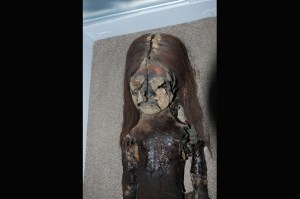
-
Campus & Community
Harvard Campaign has early impact
With The Harvard Campaign in mid-stride, its early impact already can be seen and felt across campus and beyond.
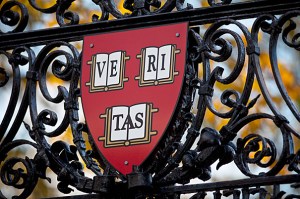
-
Science & Tech
Boston’s leaky pipes add to greenhouse-gas buildup
A Harvard-led study reveals that an aging natural-gas distribution system short-changes Boston-area customers and contributes to greenhouse-gas buildup. Depending on the season, natural gas leaking from the local distribution system accounts for 60 percent to 100 percent of the region’s emissions of methane.

-
Science & Tech
Crafting ultrathin color coatings
In Harvard’s high-tech cleanroom, applied physicists produce vivid optical effects — on paper.
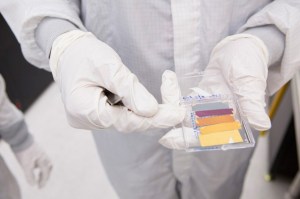
-
Science & Tech
Creating ‘genomic origami’
Researchers have assembled the first high-resolution, 3-D maps of entire folded genomes and found a structural basis for gene regulation, a kind of “genomic origami” that allows the same genome to produce different types of cells.

